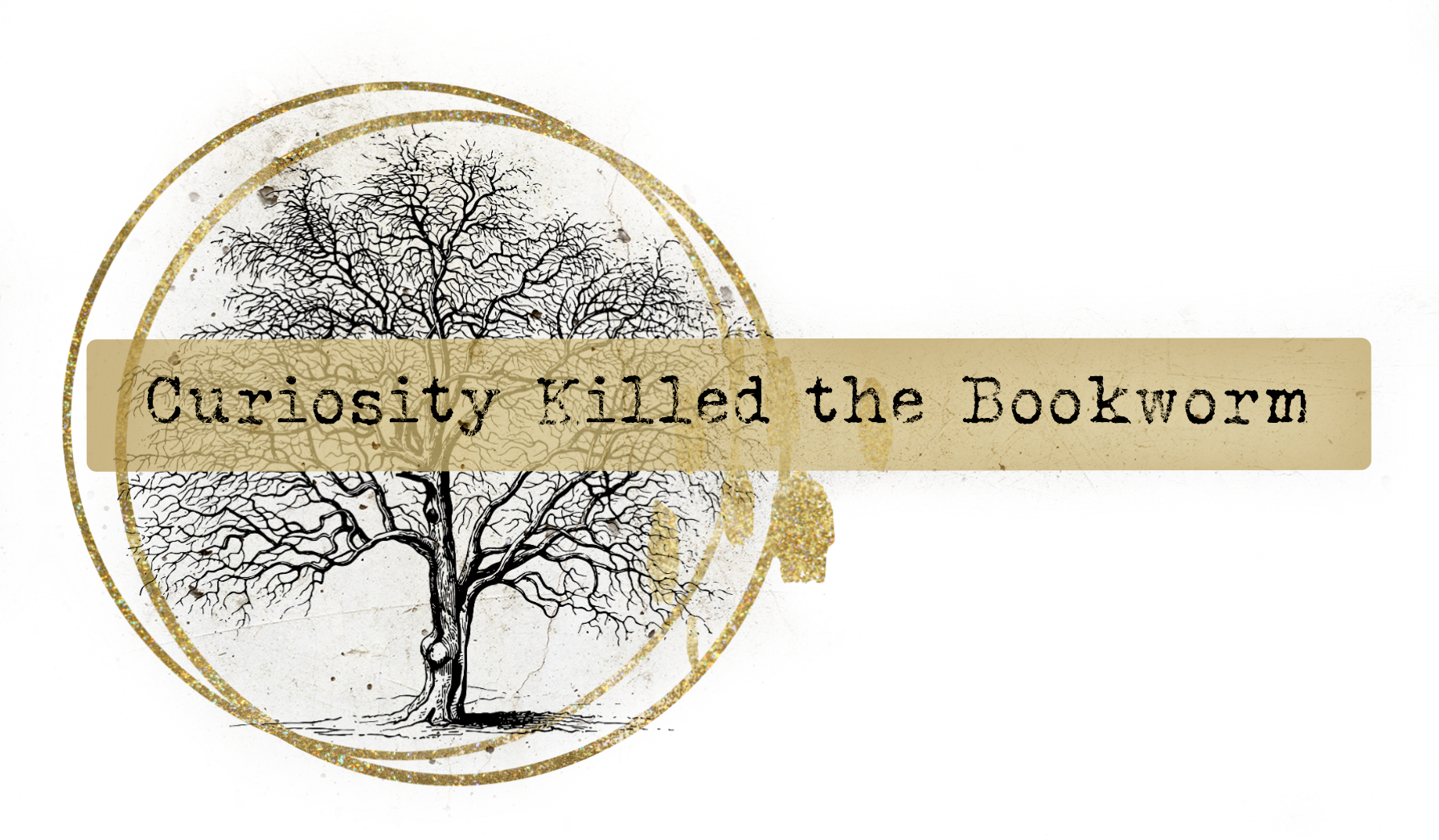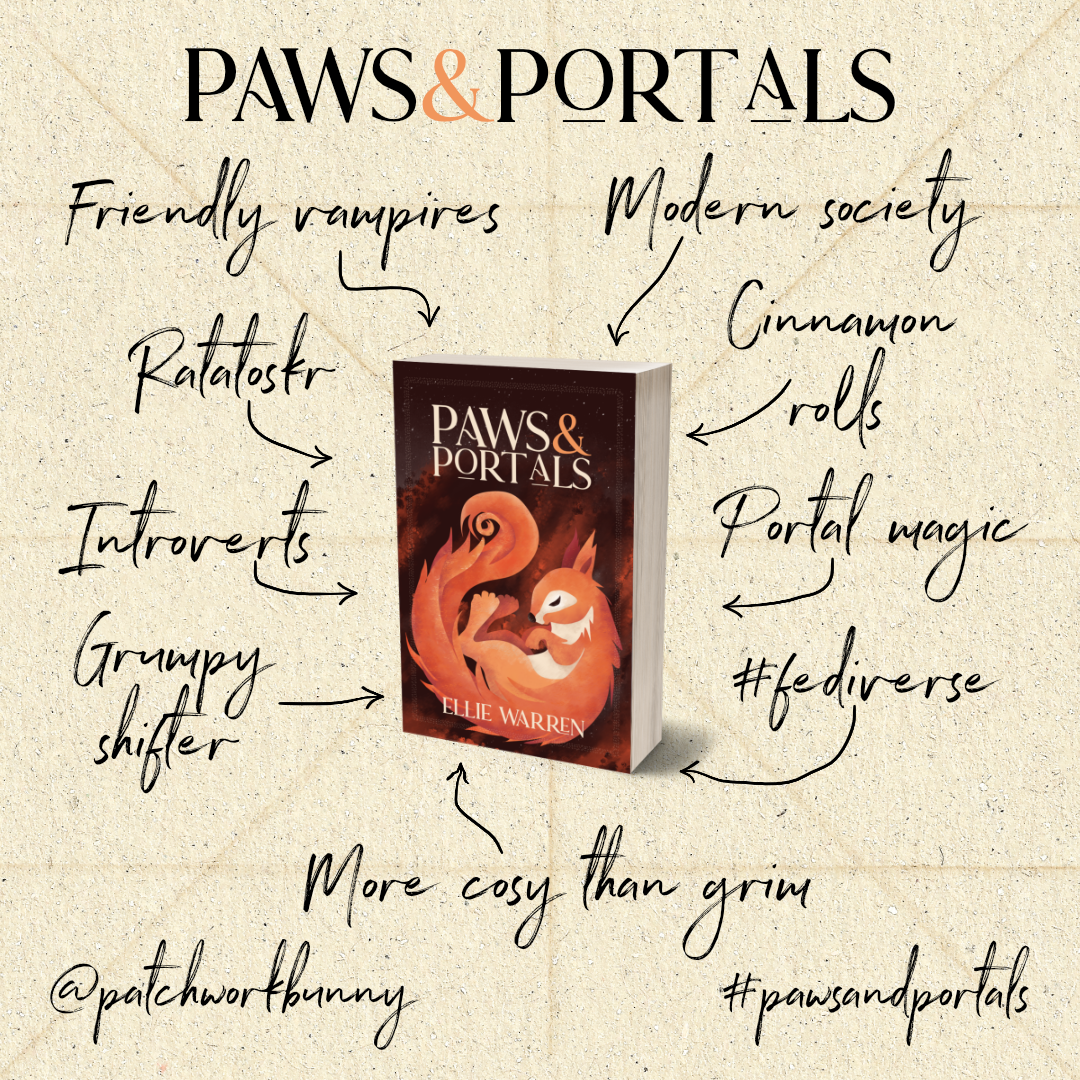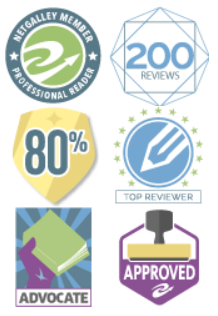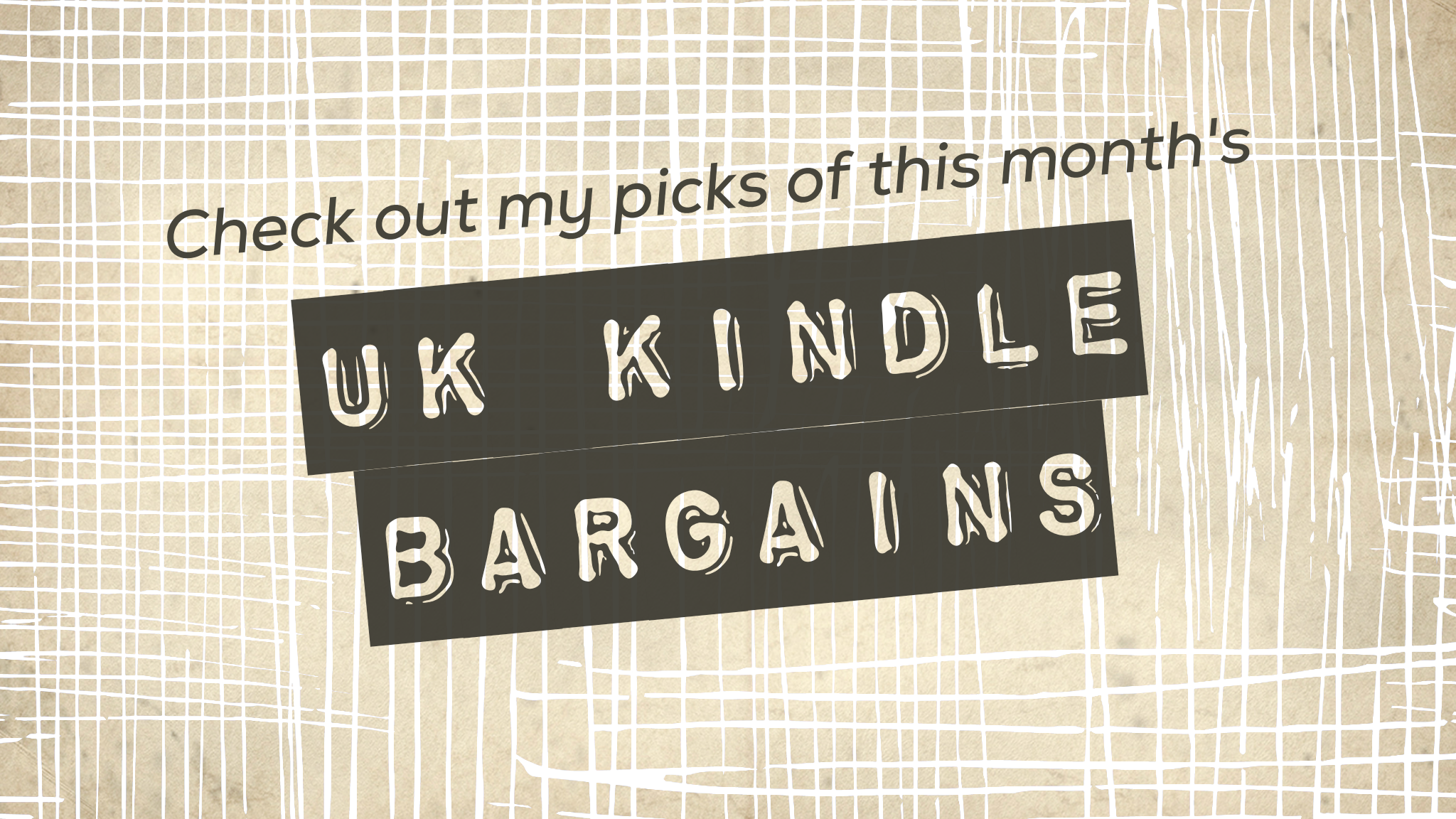
What draws you to crime fiction as a genre?
I’ve always loved reading crime fiction—my first books were Nancy Drew and Encyclopedia Brown. As a writer, I think crime is a useful function. By nature, the story has to have a beginning, a middle and an end. If you look at the novels that have endured in popular memory, they all have some sort of crime that spurs on the story, whether it’s the Great Gatsby or Gone With the Wind or Crime and Punishment.
Will Trent is one of your most endearing characters. What was the inspiration behind him?
The answer requires a spoiler alert, so you’ve been warned…
When I started thinking about Will, I knew two things had to be central to his character: he had to be someone Sara would be interested in and he couldn’t just be Jeffrey with blond hair and some quirks. I had four books to think about him before I started writing him, and two books about Will before he met Sara, so I really worked on fleshing him out as a believable human being. On the surface, he’s like no man Sara has ever met. His background is completely foreign to her. What they both share is the same moral compass, and I think that’s vital for any relationship, whether it’s friends or lovers.
Unseen sees the return of Lena as a pivotal character. Do you find it hard to leave characters behind?
I never think about leaving them behind—they always exist in my head. With Lena, I wanted to know what she’s been up to. When we last saw her in Broken, she was heading down a path that could either be really good or more of the same. I didn’t want to write her as more of the same, so I had to give a good think to how she would change because of being with Jared, because of losing Jeffrey and because she’s in a different job with different people. I’ve always said that Lena is as good—or bad—as the person in front of her. In many ways, moving to the city of Macon gave her a fresh start. Of course, you can move all over the world and your “self” still follows you, so what we find Lena doing in Unseen is struggling to make the right choices. Not her strong suit!
You’re so tough on your characters; what made you choose to make your main characters victims of crime?
With Lena specifically I wanted to do something I’d not read in crime fiction: talk about what happens to the victims after the story is over. Many, many readers assumed that after Lena was sexually assaulted in Blindsighted, we would never hear from her again. To me, that’s when it got interesting. I wanted to show a believable recovery. With Sara, who was assaulted years before Blindsighted (in medical school), I wanted to offer another side of recovery. I had some folks ask about two women in the same story having this same experience, when the fact is that statistically, it bears out. In the US alone, there are a quarter of a million women who report sexual assault every year. That’s just eighteen and over. It’s also just the reported cases. We never hear about these women again unless they die in the process, and then they have to be white, pretty and middle class. So, it was important to me as a woman writing in a genre known for being hard on women to talk about recovery.
How do you justify including a graphic scene, which may be uncomfortable reading?
I think my readers know what they’re getting—there are no knitting cats on my book jackets! This sort of follows on to what I said above. I’m very aware of the books in my genre that have come before. Normally, women were just there to be saved or screwed, and then they had to get out of the way for the woman who’ll be saved or screwed by our hero in the next book. I want to show violence for what it is. It’s not sexy, it’s not a punch-line; it’s the sort of thing that happens every single day all over the world. I think it’s important to show the crimes for what they are so that the reader understands why the characters respond the way they do.
In your previous book, Criminal, you went back in time to look at policing in the 70s. What drew you to this era and would you want to write more of the historical aspects of law enforcement in future?
My interest started with Amanda Wagner. She’s such a ballbreaker, and every woman I know has known an Amanda Wagner at one point in their lives. She got to the top and she pulled the ladder up after her. She’s harder on women than she is on men. I wanted to know how she got to be this way, so I started thinking about her life and who she was in her twenties. For a woman, being in your twenties is such an awful time. You’re on the way to figuring out who you are. Amanda was doing this in the seventies, so that’s the time period I chose. I also wanted to show how her friendship with Evelyn developed, because they are so close and supportive of each other. And of course I wanted to show her connection to Will, and how he managed to survive when all the odds were against him.
The great thing is that I did so much research for that book that I literally have piles and piles of stuff that I never got to use. My next book (2014) is called Cop Town, and it takes place in the 70s in Atlanta. I have two new characters: Maggie Lawson and Kate Murphy. They’re patrol women on the Atlanta force and if people like their first book, I plan to turn it into a series that takes us into the 1980s, when women started getting promoted within the police force. And if they don’t like it, I’ll throw myself off a bridge because that is a lot of research for just two freakin’ books.
Can we look forward to more in the series or do you have plans for something different?
Absolutely there’s more Will and Sara. I’ve been thinking about the book after Cop Town (it’s an author’s curse to always want to be working on the book after the one you’re supposed to be working on now…) The next Will and Sara answers a question that’s been bugging me for a while: where, exactly, does Angie Trent disappear to when she leaves Will?
Do you enjoy writing short form stories for the digital audience?
I don’t really think about my audience (which is probably why some of my short stories are a bit…ahem…out there) I adore working with short fiction, though, and as a writer I feel very grateful that there’s finally a format through which people can again consume short stories and essays. If you think about Faulkner and Fitzgerald and O’Connor—they were living in a grand time when short stories had not just a receptive audience, but magazines that were dedicated to publishing the form. Would we have The Great Gatsby if Fitzgerald hadn’t had an audience for Bernice Bobs Her Hair? It makes me very excited to think about authors honing their craft through short fiction.
Some of your contemporaries are branching out into young adult fiction. What are your thoughts on crime fiction for a younger audience?
Many years ago when this was more popular, I was asked by my publishers to work on some young adult fiction. I just couldn’t think of a story that would make it worthwhile, so I passed. And then almost immediately after I passed, I came up with an idea that I think would be good. I didn’t want to put the cart before the horse, so I didn’t sign a contract or anything, but I’m going to write the book one of these days. I think it’s very important not to do it for marketing reasons. (Everyone was so excited about readers “growing into” adult fiction) If you look at the adult fiction authors who are still doing YA, you’ll find that they’re actually good at it, as opposed to just doing it for a paycheck.
Do you read crime fiction for fun or do you like to read something completely different?
I love crime fiction and always will. I can’t read it when I’m working on my books because I’m afraid I’ll lift something without thinking about it. But for sheer pleasure, that’s my go-to genre.
What are you reading right now?
I just finished Poppet by Mo Hayder. Holy crap! It’s not as grisly as her usual, but Mo is doing things with characters now that’s just so rich and rewarding. I adore her.
Next up is Denise Mina’s The Red Road. Another great character writing, and her social commentary cuts straight to the heart. To me, Denise is doing exactly what crime fiction should always do: talk about the human condition.
When you’re not writing, how do you spend your free time?
I have been swimming a lot, which is nice. I like to do laps because I’m the sort of person who’s into monotony. I think it’s like Sookie wanting to be with vampires because they can’t read her thoughts—when I’m in a pool, my brain turns off.
Is there anything you’ve discovered on the internet recently that you’d like to share?
I’ve gotten stuck in the wormhole of the “True Facts” series. My favorite is a tie between the Aye Aye (see below) and the Tapir. I wish to God I’d never watched the one about the duck. That corkscrew penis thing just freaks me the hell out.

A huge thanks to Karin for answering my questions. Unseen is out now in hardback and you can read my review here.
Related posts
6 Comments
Leave a ReplyCancel reply
This site uses Akismet to reduce spam. Learn how your comment data is processed.






Nice interview! It was really fun to read 🙂
Love this–both your questions, Ellie, and Karin's answers. I need to pick up Unseen NOW! 😀
Great interview. It was great to have some of the information on how Will Trent was formed.
And YAY for the Aye Aye love 😀
Karin Slaughter is my favorite author… thanks for sharing such a great interview 🙂
Do you have to read the Will Trent series in chronological order? I just bought The Kept Woman but haven't read any of the other books in the series previously.
Sorry, didn't see your comment earlier. I think they work as standalone novels as long as you don't want to go back and read the earlier novels. There are character arcs over the whole series that could be spoiled.